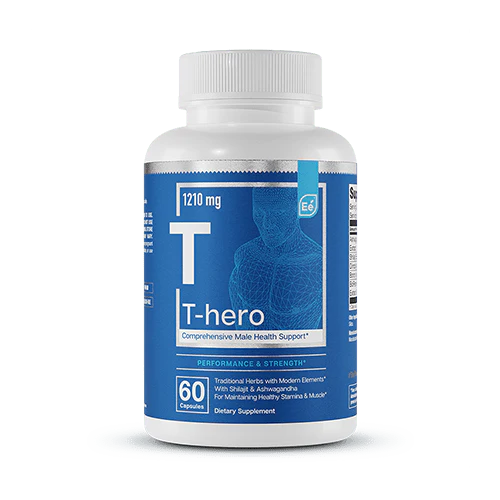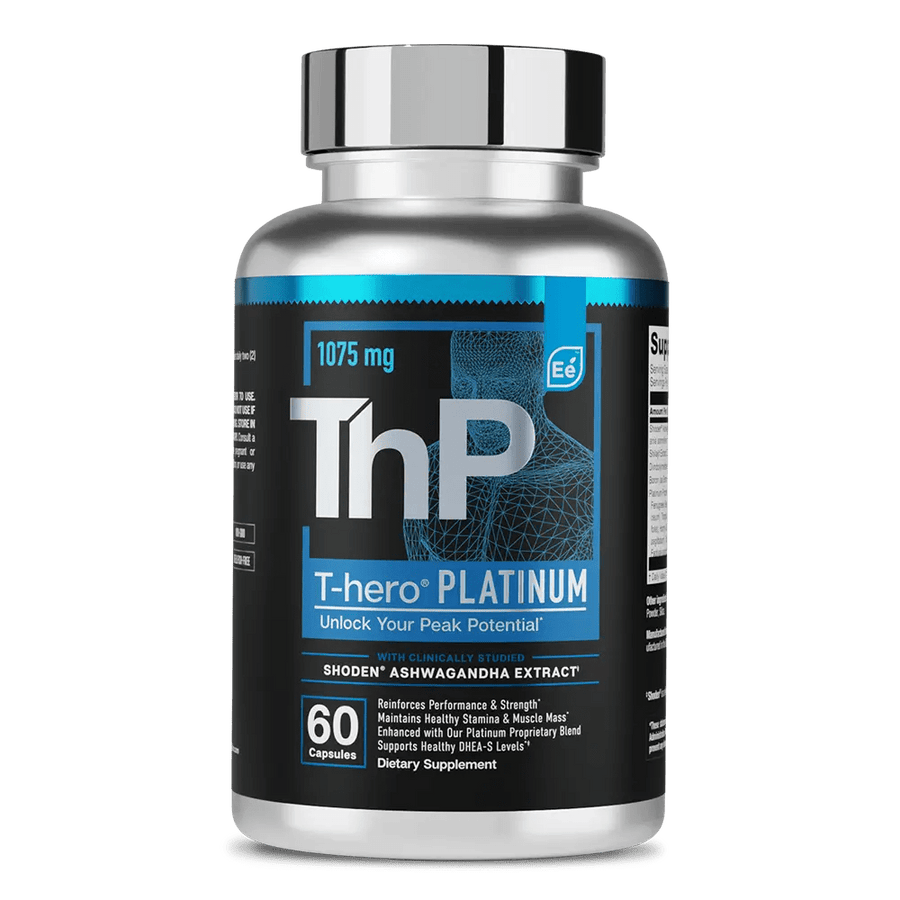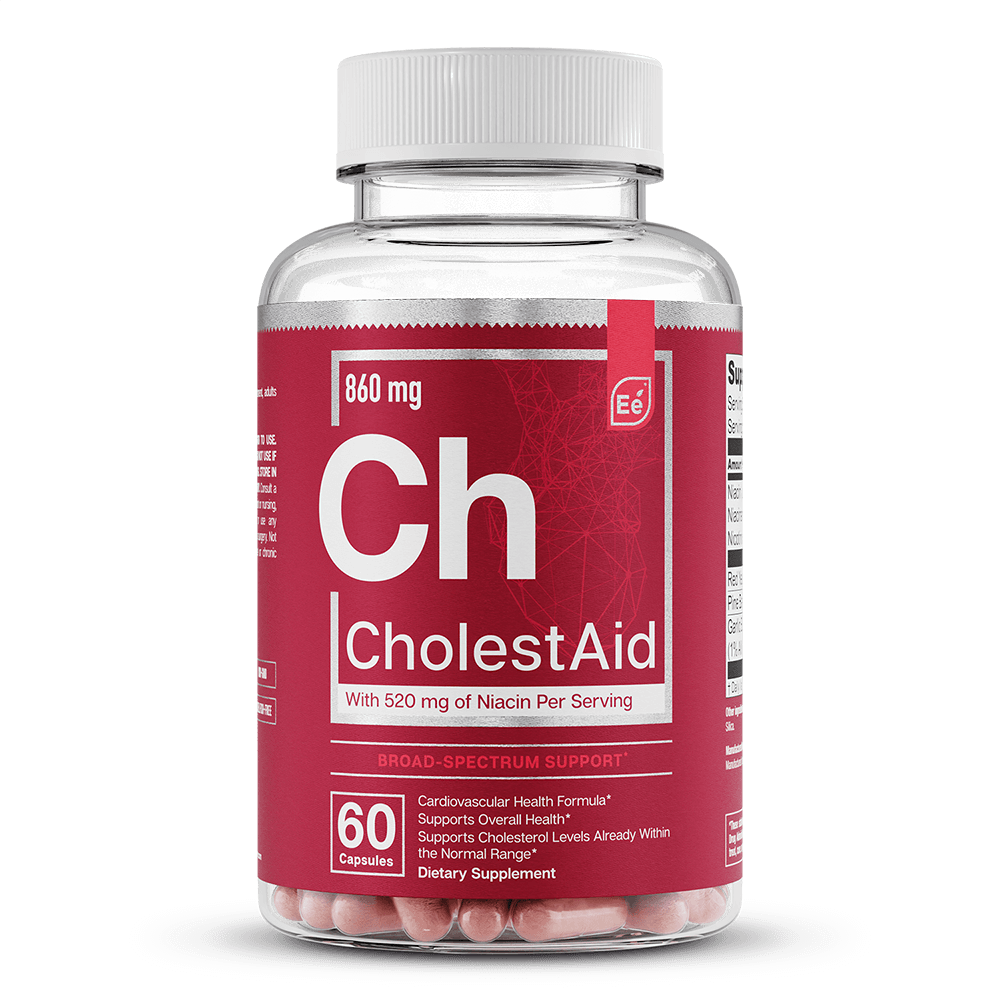10 Common Signs of Low Testosterone in Men
Testosterone is more than just a male sex hormone; it’s a crucial chemical messenger responsible for maintaining energy levels, muscle mass, bone density, and mood. While it's natural for testosterone levels to decline with age, a significant drop can impact your quality of life. Recognizing the signs of low testosterone is the first step toward addressing the issue and getting back to feeling like yourself.
Are You Experiencing These Common Symptoms? (A Checklist)
If you've been feeling "off" lately, it might be more than just stress or getting older. Many men experience subtle changes that could point to hormonal imbalances. Here are 10 common symptoms of low T to watch for.
1. Low Libido
One of the most well-known roles of testosterone is regulating sex drive, or libido. If your interest in sex has taken a noticeable nosedive, it could be a primary indicator of low testosterone levels. While everyone's libido fluctuates, a persistent lack of desire is worth paying attention to.
2. Fatigue and Low Energy
Do you feel tired all the time, even after a full night's sleep? Testosterone plays a significant role in energy metabolism. When levels are low, many men report severe fatigue and a general lack of motivation that interferes with daily life.
3. Difficulty Building Muscle
Testosterone is a key driver of muscle protein synthesis, the process your body uses to build and maintain muscle mass. If you're hitting the gym but not seeing the gains you used to, or if you're losing muscle, low T could be the culprit.[^3^]
4. Increased Body Fat
A decrease in testosterone can disrupt the body's fat distribution and metabolism. This often leads to an increase in body fat, particularly around the abdomen. Some men with low T may also develop gynecomastia, or enlarged breast tissue, due to an imbalance of testosterone and estrogen.
5. Mood Swings and Irritability
Testosterone has a profound effect on mood regulation. Men with low testosterone often experience symptoms like irritability, mood swings, and even feelings of depression. If you find yourself more on-edge than usual, your hormones could be a factor.
6. Brain Fog
Struggling with focus, concentration, or memory? Testosterone supports cognitive functions, and low levels can contribute to a feeling of mental "fogginess." This can make it difficult to stay on task and feel mentally sharp.
7. Hair Loss
While balding is often linked to genetics, testosterone plays a part in hair production on the body and face. A decline in testosterone can lead to a loss of body and facial hair, although its role in male pattern baldness is more complex.
8. Sleep Disturbances
Low testosterone is linked to sleep problems, including insomnia and sleep apnea. The hormone helps regulate sleep patterns, and when it's out of balance, you might find it harder to fall asleep or stay asleep through the night.
9. Reduced Bone Mass
Testosterone helps produce and strengthen bone tissue. As testosterone levels fall, so can bone density, leaving men more vulnerable to fractures and osteoporosis, a condition more commonly associated with women.
10. Erectile Dysfunction
Testosterone stimulates the brain receptors that produce nitric oxide, a molecule that triggers the chemical reactions needed for an erection. While low T doesn't always directly cause erectile dysfunction (ED), it can reduce the ability to achieve or maintain an erection.
What to Do if You Suspect Low Testosterone
Recognizing these symptoms is a proactive step toward taking control of your health. If this checklist resonates with you, here are some practical next steps.
Lifestyle Changes to Consider
Before seeking medical treatment, simple lifestyle adjustments can have a positive impact on hormone health. Focus on a balanced diet, regular exercise (especially resistance training), getting 7-9 hours of quality sleep, and managing stress. These foundational habits support your body's natural hormone production.
Talking to Your Doctor
The only way to know for sure if you have low testosterone in men is through a proper diagnosis from a healthcare professional. A doctor can help you figure out what causes low testosterone in your specific case and discuss how to test testosterone levels accurately. This typically involves a simple blood test, usually performed in the morning when T levels are highest.
Frequently Asked Questions (FAQs)
At what age do testosterone levels start to decline?
For most men, testosterone levels peak in early adulthood and begin to decline gradually around the age of 30, typically by about 1% per year.
Can stress cause low testosterone?
Yes, chronic stress can contribute to low testosterone. When you're stressed, your body produces high levels of the hormone cortisol. Cortisol can interfere with the body's ability to produce testosterone, creating a hormonal imbalance.
What is the difference between free and total testosterone?
Total testosterone refers to all of the testosterone in your bloodstream. However, much of it is bound to proteins and isn't available for your body to use. Free testosterone is the small percentage that is "unbound" and readily available to be used by your cells. Doctors often measure both levels to get a complete picture of a patient's hormonal health.





